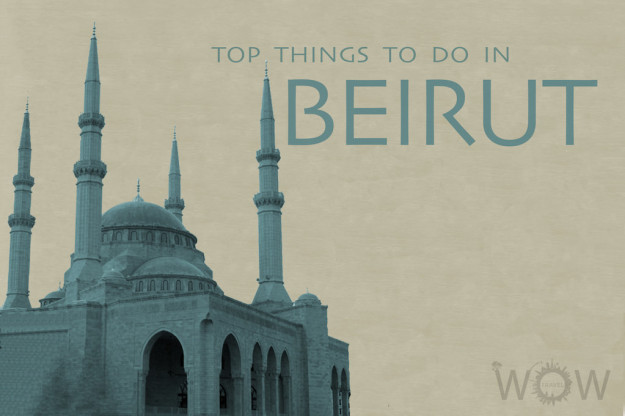Lying at the juncture of Eurasia, Africa, the Indian Ocean and the Mediterranean Sea, the Middle East has always been the epicenter of civilizations. It is the birthplace of Christianity, Islam, Judaism and other important minority religions like Zoroastrianism and the Baha’i Faith. It is also the region where man first learned to write. The rich history of the region is blatantly displayed throughout, with roadways dating back to the Roman times, ancient carved tombs hidden in the desert and ruins of great civilizations scattered everywhere. It’s a land that literally breathes history with some of the oldest continuously inhabited cities like Jerusalem, Cairo, Istanbul and Sana’a being a part of it. The 20th century saw a new clutch of cities gaining in importance because of the significant stocks of crude oil. Shiny new cities like Dubai and Abu Dhabi emerged which have become prime tourist hotspots in recent years.
The Middle East is not just about human history and progress but also has an intriguing wilderness, ranging from the snow-capped peaks of the mountains in Iran and Lebanon, to the scorching deserts of Wadi Rum and the Sahara and the waters of the mighty Euphrates and Nile. One of the most striking characteristics of the Middle East is the warm hospitality that comes so naturally to people here.
Though this city has had a recently troubled past, the Lebanese capital, once known as the Paris of the East, is busy reinventing itself again. Beirut, the only true cosmopolitan city in Lebanon, is a great place to start if you’re traveling to the Middle East for the first time, as the city symbolizes the crossroads…

